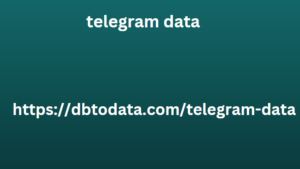constantly postponing the date of their final withdrawal. Meanwhile, possible alternatives emerg in parallel that promis to minimize the impact of the new paradigm that was being present. However, to the bewilderment of companies and specialists, neither did cookies disappear nor did alternatives come into effect.
In this same blog we
Fave talk about how Google’s changes to cookies were going to affect us or the opportunities that were opening up with alternatives such as Ferat Learning of Cohorts (FLoC) while the moratoriums were taking place. But everything seems to indicate that the time has come, that there are no new delays on the horizon and cookieless is just around the corner. Google has announc that throughout 2024 it will stop supporting third-party cookies . The time has come to adapt to the new reality.
cookieless 2024 future without cookies user buyi italy telegram data ng on a website
What are third-party cookies
Third-party cookies are generat by providers or services ex boost your inbound strategy with the latest from content hub ternal to the website that the user is visiting ; that is, they do not come from the owner of the website on which the user is locat. They are us to collect data ranging from user habits, their time spent on the pages, demographic data or cz lists information regarding their preferences. All of this ends up generating a profile that allows advertising to be generat that is shown to the user at different times during their browsing.
And it is precisely the collection of personal data that has l to the cookieless. In 2018, the European Data Protection Regulation came into force , approv two years earlier, which gives every citizen the right to have total control over the data they share.

